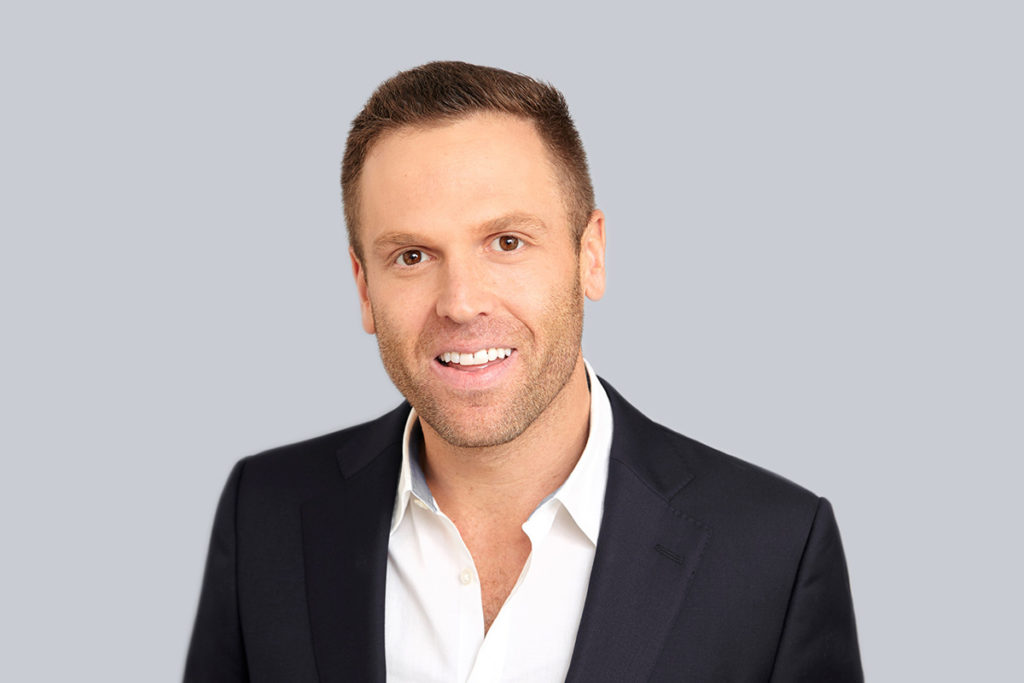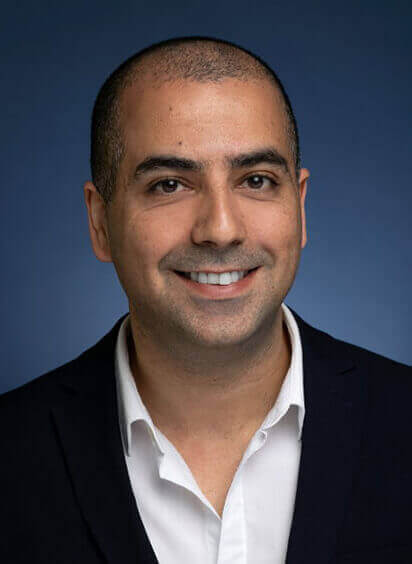GoDaddy Pushes for Commerce Solutions in its Offerings

GoDaddy (NYSE: GDDY) recently reported its third quarter results that failed to impress the market. The company remains focused on profitability, but the slowdown of the global economy has hurt its outlook for the current quarter and the year.
>>>Featured Videos
Building a Public FinTech Company From Scratch: OppFi CEO Todd Schwartz (Part 1)

Todd has built a public FinTech business with $7M of family money and another $8M of debt. OppFi went public in 2021. Impressive, capital-efficient, fundamentals-oriented journey.
Sramana Mitra: Let’s start at the very beginning of your journey. Where are you from? Where were you born, and raised, and in what kind of background?
Todd Schwartz: I was raised in the suburbs of Chicago. I lived there most of my life. I went through the Northbrook Illinois school system. I enjoyed my childhood there.
>>>Best of Bootstrapping: Ukrainian Entrepreneur Bootstrapped to Global Scale

If you haven’t already, please study our Bootstrapping Course and Investor Introductions page.
This is a fascinating story from 2016 of a Ukrainian entrepreneur bootstrapping her CRM Software company to global scale. We’re thrilled to bring you Creatio (formerly BPMOnline) Founder CEO Katherine Kostereva’s inspiring and super intelligent entrepreneurial journey.
Sramana Mitra: Let’s get going. Where are you from? Where were you born and raised? Let’s go to the very beginning of your personal journey.
Katherine Kostereva: I was born in Ukraine. Since childhood, I’ve been traveling a lot and visited many countries worldwide. I graduated in 1999 with a Bachelors in Computer Science. Shortly after that, I got my MBA. Even from high school, I was obsessed with technology. I was thinking of the ways to transform business through technology. Technology has always attracted me.
Video FAQs
Can 1M/1M Help Me Raise Money?
How Does 1M/1M Democratize Entrepreneurship Education?
How Does 1M/1M Democratize Management Consulting?
When Is The Right Time To Join 1M/1M?
Can 1M/1M Help Me With Business Development?
Can 1M/1M Help Me With Market Sizing?
Can 1M/1M Help Me Validate My Product?
Will I Have Private 1-on-1 Sessions In 1M/1M?
How Does 1M/1M Help Entrepreneurs Connect With Silicon Valley?
Mentoring or Consulting?
Why Does 1M/1M Charge $1000 a Year?
Why Does 1M/1M Partner With Local Organizations?
Why Don\’t Mentoring Networks Work?
Why Is It Important To Study With 1M/1M Now?
Dan Stewart Story
Vikrant Mathur Story
Cloud Stocks: Analysis of Qualys’s Blue Hexagon Acquisition

According to a recent report, the global cloud security market is projected to grow at 18% CAGR from $29.26 billion in 2021 to reach $106.02 billion by 2029. Cloud services security provider Qualys (Nasdaq: QLYS) recently announced its stellar quarter results.
>>>Thought Leaders in Cyber Security: IRONSCALES CEO Eyal Benishti (Part 2)
Sramana Mitra: We’ve talked about the who. What happens in the what? I’m doing this manually. I don’t have a big system like yours protecting me. I do have enough experience to know that this doesn’t make sense. I check the email address. Then I check the offer, eyeball, and pass. What are the heuristics of the what?
Eyal Benishti: Just to be clear, with AI, ML, and the new way of doing things, humans will always be part of the solution. With a solution like IRONSCALES, AI can do 99% of the job. It can do very impressive things when it comes to prediction and predicting things that it has never seen before.
>>>Best of Bootstrapping: Bootstrapped and Managed a Successful Pivot

If you haven’t already, please study our Bootstrapping Course and Investor Introductions page.
Oomnitza Co-founder CEO Arthur Lozinski talks about an excellent pivot that is quite enlightening.
Sramana Mitra: Let’s start at the beginning of your journey. Where are you from? Where were you born and raised? What kind of background did you have?
Arthur Lozinski: Both my parents were from the Soviet Union. I was born in the Soviet Union in a country called Latvia. It was in 1989 right before the wall fell. Both my parents grew up in the Soviet Union. There is a quote by Napoleon Bonaparte that says, “If you want to understand a man, you have to understand where he was in his 20s.” My parents grew up in communist Russia and my upbringing was influenced by that. Education was really important. I grew up in Germany. My parents emigrated to Germany when I was a small child and then we moved to the Silicon Valley just before high school.
Cloud Stocks: Analysis of Bill.com’s Acquisition

Bill.com (NYSE:BILL), a leading cloud-based provider of financial services for SMBs, recently announced its first quarter results. Despite the current economic conditions, Bill.com had a very rosy outlook for the second quarter, exceeding market’s expectations.
>>>Thought Leaders in Cyber Security: IRONSCALES CEO Eyal Benishti (Part 1)

We all understand Phishing. Eyal has built a fast-growth company addressing this ubiquitous nuisance.
Sramana Mitra: Tell us about yourself and IRONSCALES.
Eyal Benishti: I’m the Founder and CEO of IRONSCALES. We mitigate the risk of email phishing that businesses face today. We offer simplicity and speed for accelerated visibility for all types of phishing attacks especially those that get past traditional security. We are the fastest-growing email security today. We know how to harness the power of the cloud.
>>>